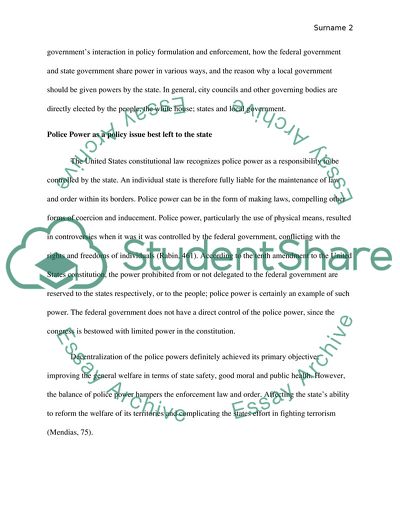Cite this document
(Local Governments Interaction in Policy Formulation and Enforcement Term Paper, n.d.)
Local Governments Interaction in Policy Formulation and Enforcement Term Paper. Retrieved from https://studentshare.org/politics/1808792-milestone-34
Local Governments Interaction in Policy Formulation and Enforcement Term Paper. Retrieved from https://studentshare.org/politics/1808792-milestone-34
(Local Governments Interaction in Policy Formulation and Enforcement Term Paper)
Local Governments Interaction in Policy Formulation and Enforcement Term Paper. https://studentshare.org/politics/1808792-milestone-34.
Local Governments Interaction in Policy Formulation and Enforcement Term Paper. https://studentshare.org/politics/1808792-milestone-34.
“Local Governments Interaction in Policy Formulation and Enforcement Term Paper”. https://studentshare.org/politics/1808792-milestone-34.


